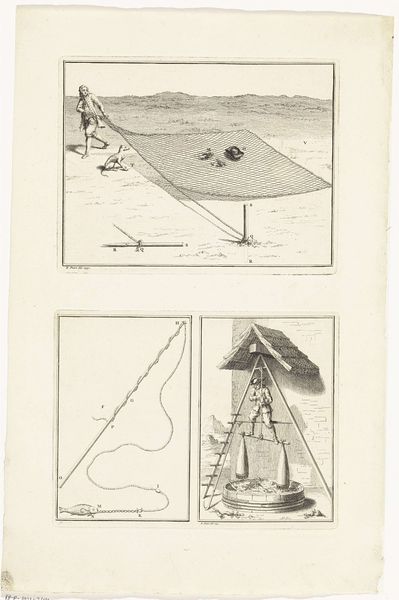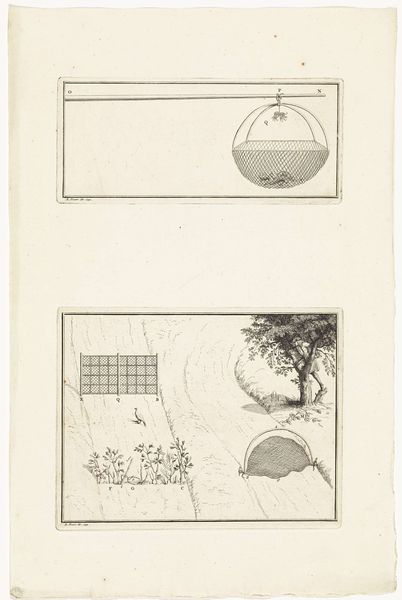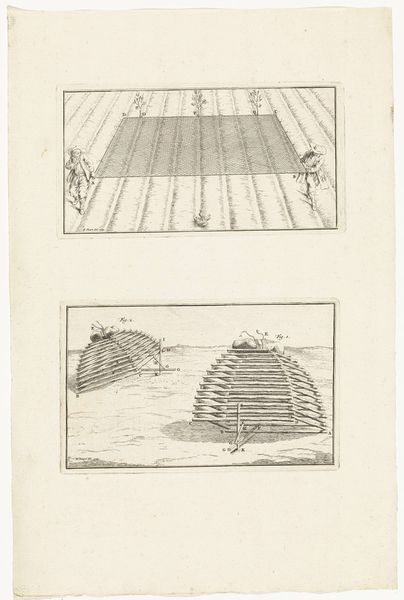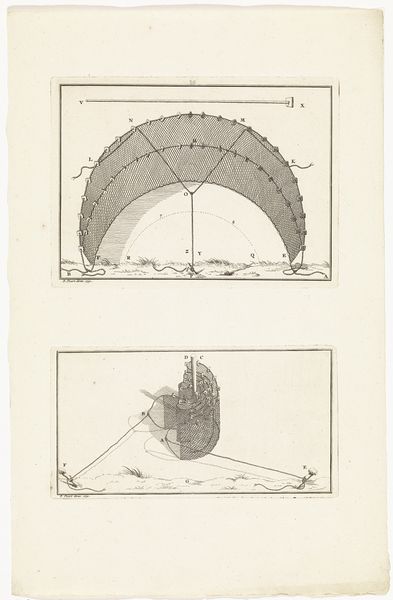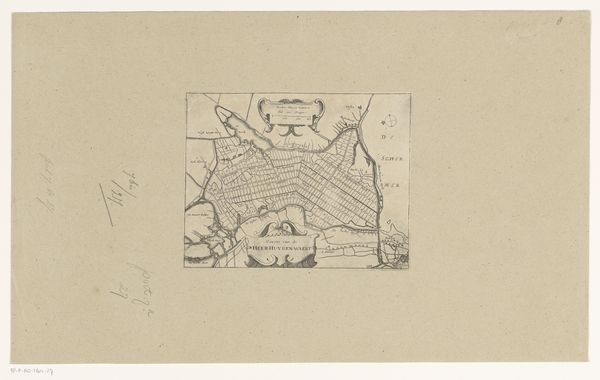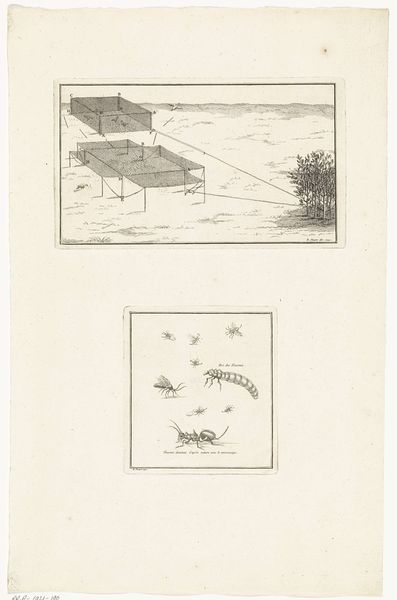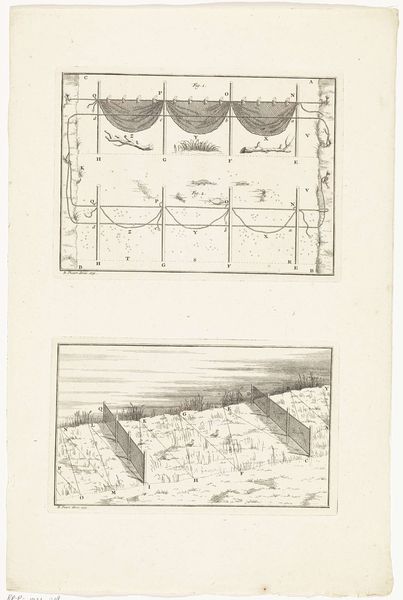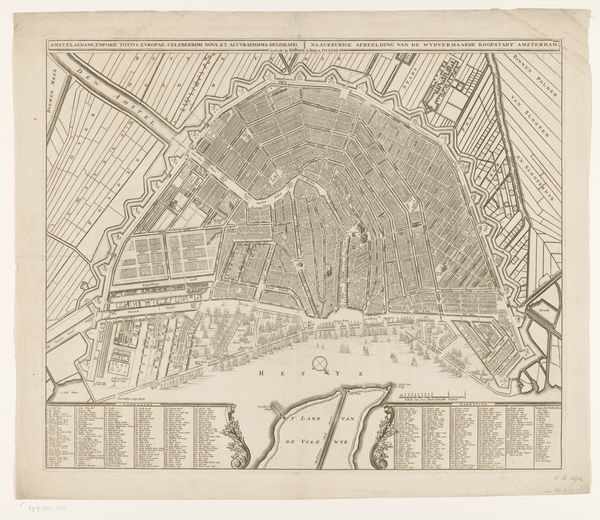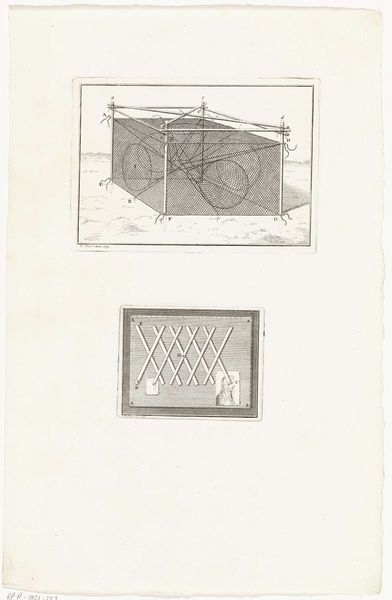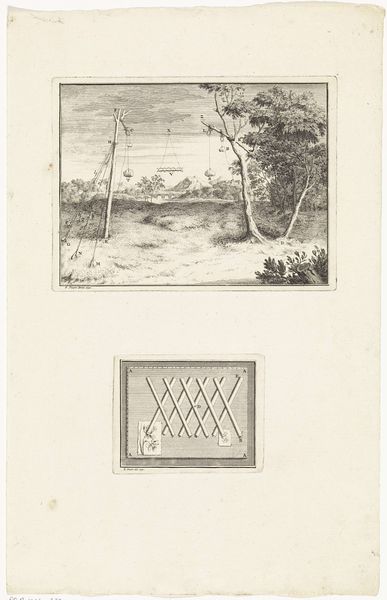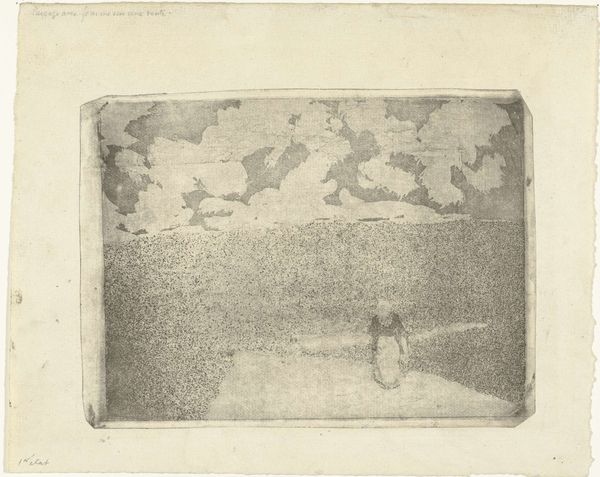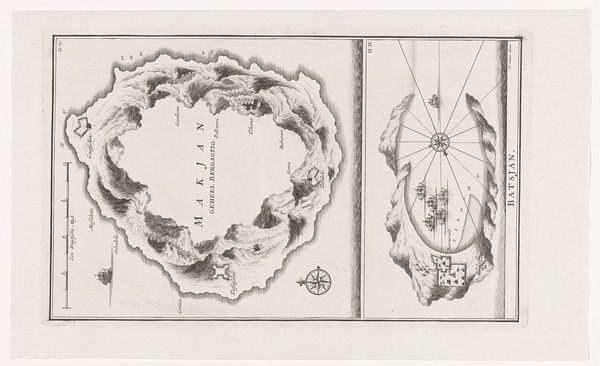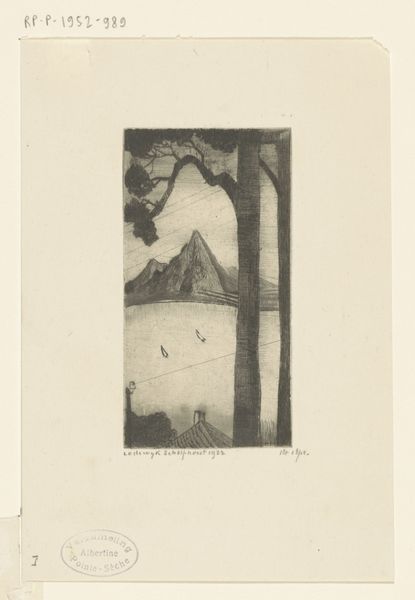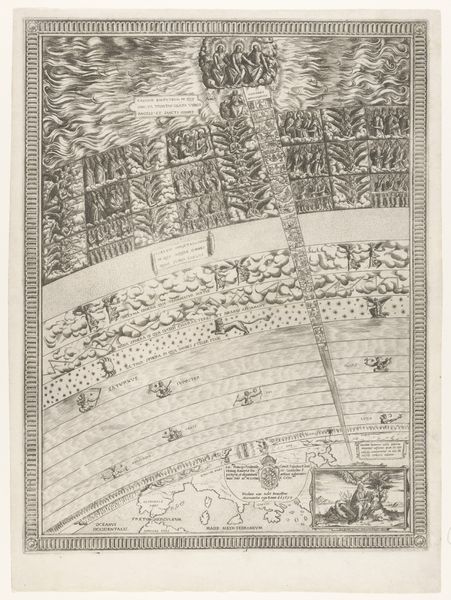
print, engraving
#
comic strip sketch
#
quirky sketch
#
baroque
# print
#
old engraving style
#
landscape
#
personal sketchbook
#
idea generation sketch
#
sketchwork
#
ink drawing experimentation
#
geometric
#
line
#
sketchbook drawing
#
storyboard and sketchbook work
#
sketchbook art
#
engraving
Dimensions: height 138 mm, width 186 mm, height 140 mm, width 183 mm, height 380 mm, width 249 mm
Copyright: Rijks Museum: Open Domain
Editor: So, this engraving from 1731 by Bernard Picart, "Twee netten met vissen als lokaas om vogels te vangen" or "Two nets with fish as bait to catch birds" depicts two different net setups. The rendering of these almost look like diagrams. How do you interpret this piece? Curator: The process of creating this engraving – the labor, the deliberate choices in depicting these fishing technologies – that’s what speaks to me. We are looking at how humans interact with and attempt to control their environment. Editor: I see what you mean. The way he carefully illustrates the mechanics of the nets emphasizes that human intervention. Curator: Exactly. And consider the material reality of 18th-century printmaking. Copperplates, inks, paper, the craftsman's skill… All this speaks to a growing understanding and manipulation of natural resources. What do you notice about the consumption aspect here? Editor: Well, the print itself would be consumed – bought, traded, maybe used as a reference. Also, this alludes to the consumption of birds... the endpoint of the nets is food. Curator: Precisely. We're implicated in the system. Picart's engraving isn’t just a pretty picture. It highlights humanity's role in a food chain sustained by crafted materials. Editor: I never thought of it that way before! Now, I’m seeing the engraving as more than just an image, but a snapshot of material culture in action. Curator: Indeed, by examining the materials and methods of production, we uncover a deeper understanding of the human-nature relationship.
Comments
No comments
Be the first to comment and join the conversation on the ultimate creative platform.
